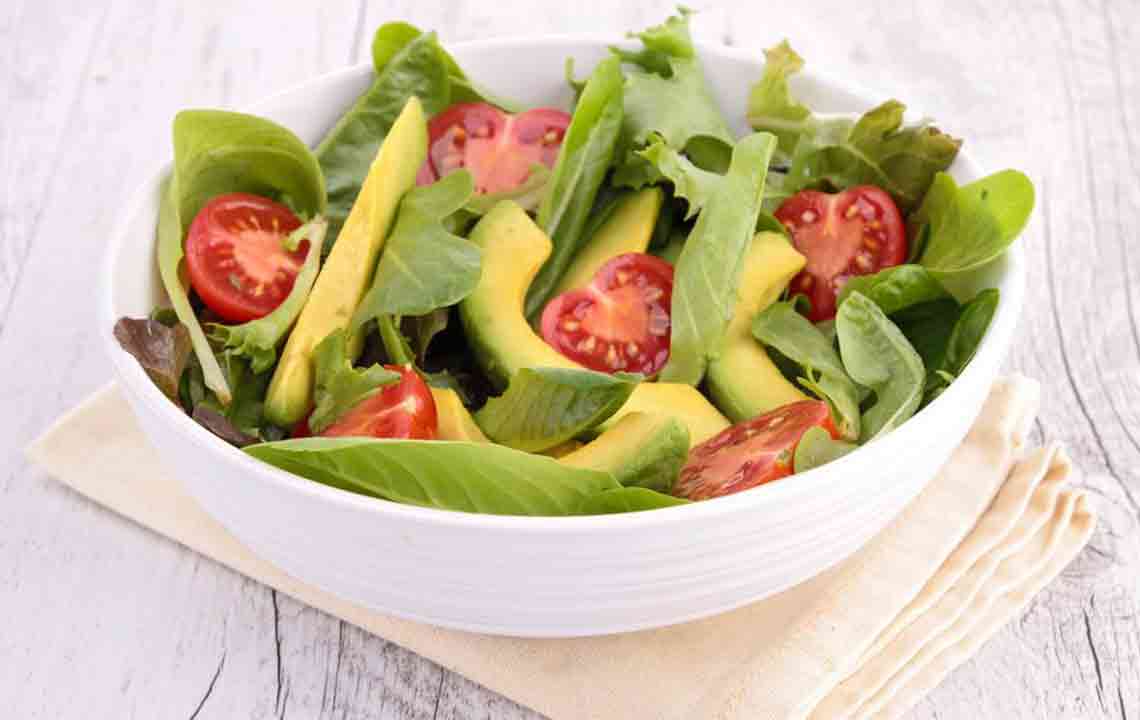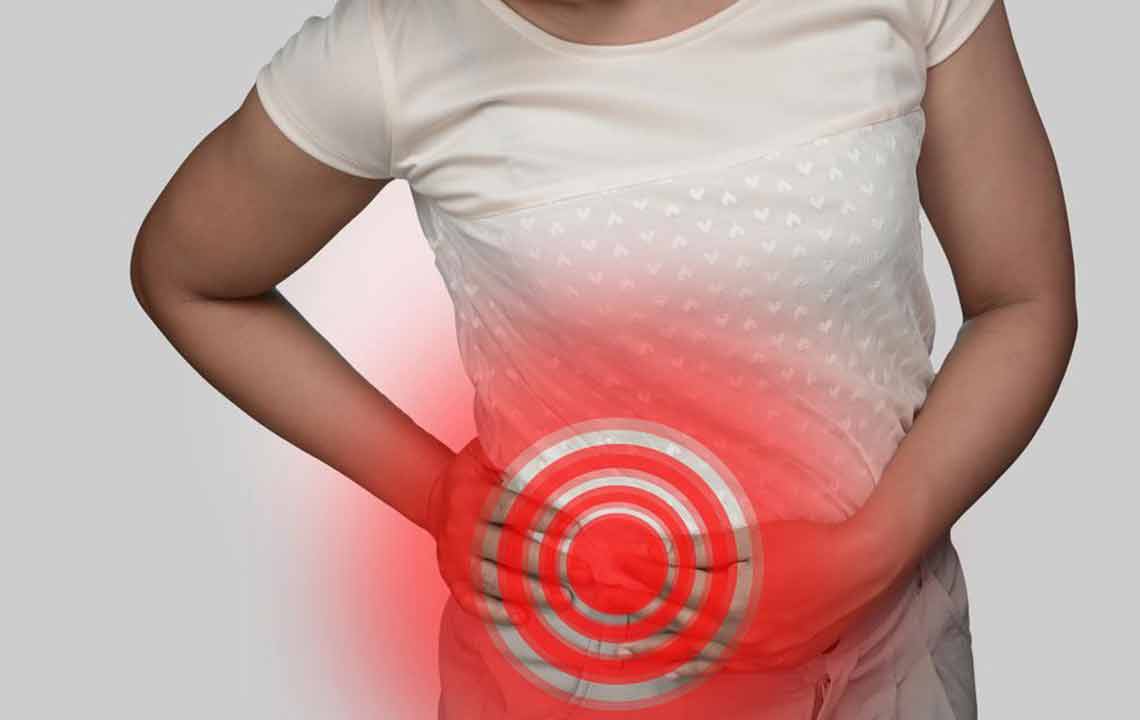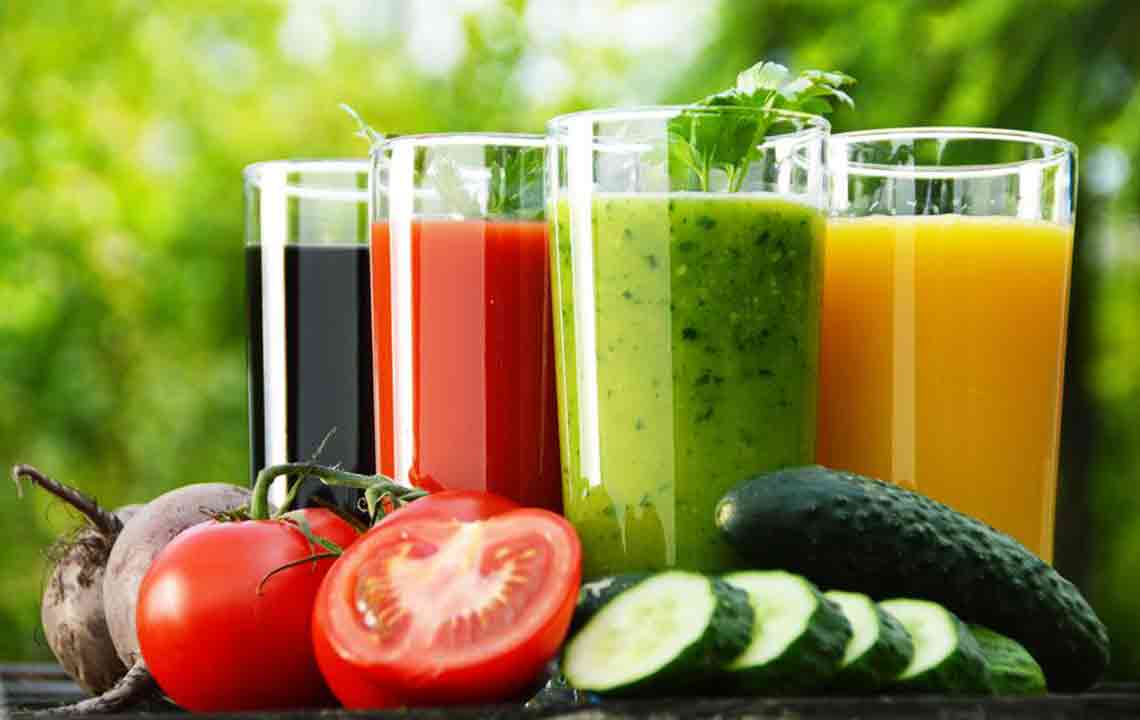Nutrition Strategies to Support Kidney Disease Management
Learn effective diet and lifestyle tips to manage and potentially reverse early-stage kidney disease. Discover which foods to include and avoid, proper cooking methods, and sodium and phosphorus management strategies, all under medical supervision for optimal kidney health.

Nutrition Strategies to Support Kidney Disease Management
If you're curious whether diet can influence the progression of kidney disease, the answer is a definite yes. Adopting the right nutritional plan can help enhance kidney function and slow disease progression. While there’s no complete cure, making tailored dietary adjustments under medical guidance can significantly manage the condition. It's important to work closely with your healthcare team to develop an individualized plan. Here are essential dietary tips to support kidney health and potentially reverse early-stage kidney issues.
Select Appropriate Vegetables
Choosing the right vegetables is crucial when managing kidney health. Focus on vegetables low in potassium like cabbage, eggplant, cucumber, peppers, yellow squash, and onions. Avoid high-potassium options such as tomatoes, pumpkin, and cooked spinach to prevent strain on your kidneys.
Select Suitable Fruits
Fruits can be beneficial but should be chosen wisely. Opt for low-potassium fruits like cherries, apples, pineapples, watermelons, and berries. Avoid high-potassium fruits such as oranges, kiwis, honeydews, and dried fruits, which can impact kidney function. Incorporating berries and stone fruits can support your diet while protecting your kidneys.
Monitor Protein Intake
Protein is vital but requires moderation in kidney disease. Too much protein can burden the kidneys, so aim for a controlled intake. Select lean meats, poultry, seafood, and eggs in moderation, and consult your doctor about your specific needs. During dialysis, protein requirements may increase, emphasizing the importance of medical guidance for dietary planning.
Cook with Kidney-Friendly Methods
Healthy cooking practices are essential. Use non-stick pans to minimize added fats and oils, and incorporate olive oil for healthy fats. Baking, boiling, or steaming foods are preferable to frying, which adds unnecessary calories and fats. Removing skin from poultry reduces fat intake and supports a kidney-friendly diet.
Reduce Sodium Consumption
Limiting salt intake helps control blood pressure and decreases fluid retention, both beneficial for kidney health. Choose low-sodium or sodium-free products and cook meals at home to better manage salt intake. Avoid processed foods like chips, canned meats, and fast foods, which tend to be high in salt.
Limit Phosphorus Intake
High phosphorus foods such as dairy products (milk, cheese) should be consumed in moderation. Follow your healthcare provider’s recommendations, and opt for low-phosphorus alternatives like butter, certain condiments, and dairy-free options. Maintaining balanced calcium levels is also important for overall health.
Avoid Fried Foods
Fried foods are high in unhealthy fats and calories. To support kidney health, steer clear of deep-fried items and choose fresh fruits and vegetables instead. Baking or steaming is a healthier preparation method that reduces extra fats and calories.
Implementing these dietary strategies can help manage and potentially reverse early kidney disease. Consistency and medical supervision are key to long-term kidney health benefits.









